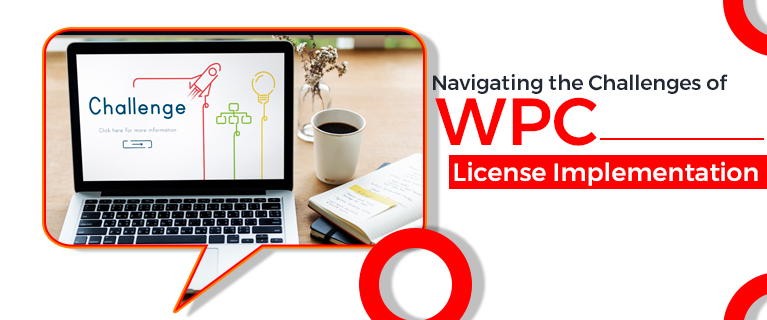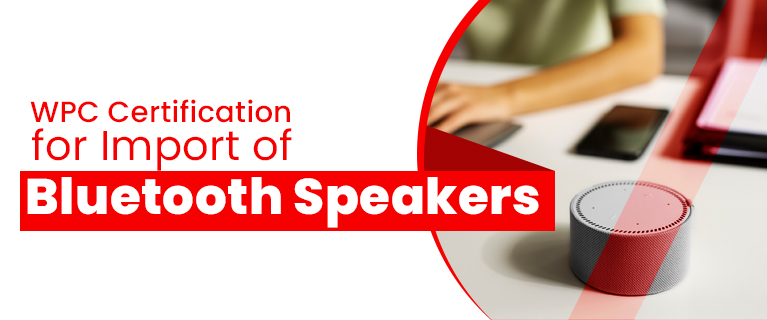Navigating The Challenges Of WPC License Implementation
In today's interconnected world, wireless technology has become an integral part of our daily lives. The Wireless Planning and Coordination (WPC) license is a crucial requirement for operating wireless devices and communication equipment in India. While the WPC license is essential for ensuring seamless communication, its implementation can present certain challenges. Let's explore the common challenges faced during the WPC license implementation and discover effective solutions for a smooth and successful process.
Challenges in WPC License Implementation:
1. Complex Application Process: Obtaining a WPC license involves navigating through a complex application process, which includes multiple forms, documentation, and compliance requirements. This complexity can overwhelm applicants and lead to delays.
2. Stringent Regulatory Compliance: The WPC follows stringent regulations and technical standards, making it essential for applicants to adhere to these guidelines. Failure to comply with these standards can result in rejection or delays in the license approval.
3. Technical Expertise: The WPC license application often requires technical expertise, especially for specifying frequencies, bandwidths, and other technical parameters. Lack of technical knowledge can lead to errors in the application, causing delays.
4. Bureaucratic Delays: The bureaucratic nature of the approval process can lead to delays in obtaining the WPC license. Multiple levels of scrutiny and paperwork can contribute to prolonged waiting periods.
Solutions for a Smooth WPC License Implementation:
1. Professional Assistance: Engaging a professional consultant or agency experienced in dealing with WPC licenses can streamline the application process. These experts understand the complexities involved and can guide applicants through each step.
2. Preparation and Documentation: Thorough preparation and accurate documentation are crucial for a successful WPC license application. Ensuring that all required documents are in order and duly filled can prevent unnecessary delays.
3. Technical Support: Seek technical assistance from professionals well-versed in WPC license requirements. They can help in choosing the right frequency band, equipment specifications, and compliance with technical standards.
4. Compliance and Quality Assurance: Ensure that your wireless equipment complies with WPC standards and is of high quality. Non-compliant or substandard equipment can lead to rejection or delays in obtaining the license.
5. Timely Application Submission: Begin the application process well in advance to account for any unforeseen delays or bureaucratic processes. Timely submission of the application can expedite the approval timeline.
6. Stay Updated on Regulations: Keep yourself informed about any changes or updates in WPC regulations. Staying up-to-date can prevent errors and ensure compliance with the latest requirements.
Conclusion:
While obtaining a WPC license may present challenges, it is a critical step for ensuring seamless wireless communication and adherence to regulatory norms. By proactively addressing the complexities and seeking professional guidance, businesses and individuals can overcome hurdles and successfully obtain the WPC license. With a robust approach, technical expertise, and timely compliance, organizations can navigate through the challenges of WPC license implementation and unlock the potential of wireless communication in India. The WPC license opens the gateway to a connected future, where wireless devices play a central role in enhancing communication, connectivity, and technological advancement.



Comments
Post a Comment